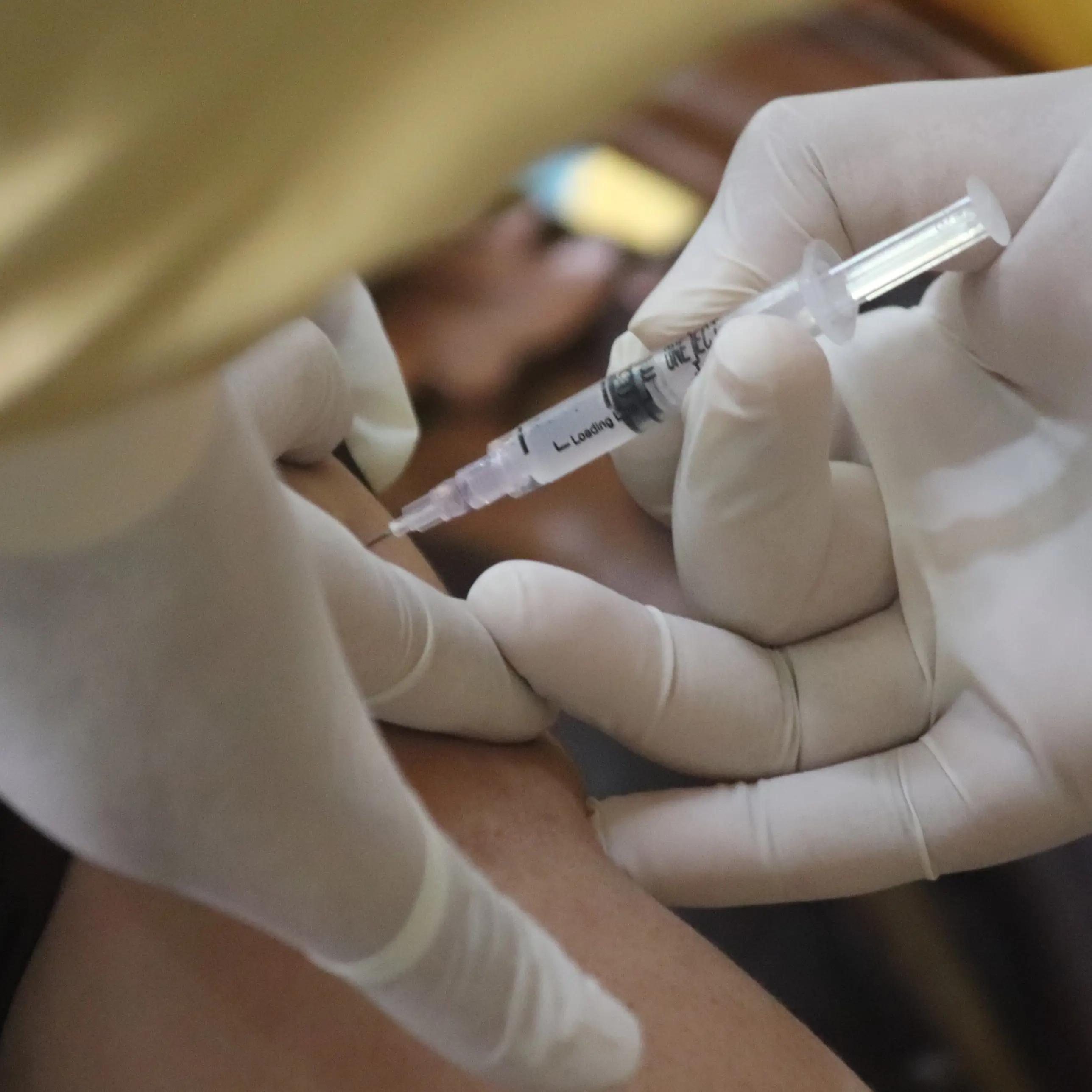Article
COVID-19 Antibodies Low in Children with JIA 6 Months After Vaccination
Author(s):
New data suggests that a third COVID-19 booster might be warranted in children with juvenile idiopathic arthritis.

A new investigation into post-immunization responses to the COVID-19 vaccine in adolescents with juvenile idiopathic arthritis (JIA) found that SARS-CoV-2 antibody titres decreased significantly over time, reaching low levels at 6 months.
However, satisfactory immunogenicity at was observed at 1 month and 3 months post-vaccination.
The study was conducted in response to the lack of data on long-term immunogenicity of COVID-19 vaccination among adolescents with rheumatic and musculoskeletal diseases (RMDs).
Previous research conducted by this investigative team, which was led by Dimitra Dimopoulou, PhD, of Kyriakou’ Children’s Hospital in Athens, Greece, provided data regarding the immunogenicity of the COVID-19 mRNA vaccine in adolescents with JIU on treatment with TNF inhibitor (TNFi) therapy 3 months after vaccination.
With their current study, the team evaluated immunogenicity at 6 months in this population.
The single-center study featured adolescent patients 16-21 years old who had been diagnosed with JIA in accordance with ILAR criteria, all of whom were in clinical remission and on TNFi treatment for a minimum of 18 months.
Eligible patients received 2 doses of the Pfizer-BioNTech COVID-19 mRNA vaccine at 0 and 3 weeks of the study, specifically April 15-May 15, 2021. Investigators collected blood samples from these patients at 1, 3, and 6 months following the second dose, and measured disease flares in patients via the Juvenile Arthritis Disease Activity Score (JADAS-27).
Any reactions that persisted for 7 days or more following vaccination were deemed adverse reactions, and any reactions that required medical attention or hospitalization were defined as serious adverse events.
Vaccine Responses
A total of 21 adolescent patients with JIA were enrolled in the study, all of whom developed a sustained humoral response to the COVID-19 virus at 1 and 3 months post-vaccination (P<0.05).
The patient population was predominantly female (76%), and patients were enrolled with a median age of 17 years. A variety of different JIA types were featured in the study, including poly-articular JILA (38%), psoriatic JIA (33%), and enthesitis-related arthritis (29%).
There were no differences observed in humoral responses at 3 months or 6 months that were related to any specific type of JIA.
Antibody levels decreased significantly in all patients 6 months after vaccination (P<0.01), and no differences were observed when comparing immunogenicity between patients treated with adalimumab or etanercept at 3 (P=0.387) and 6 months (P=0.526) post-vaccination.
Similarly, no differences were recorded between patients on TNFi monotherapy and those treated with combined therapy at 3 (P=0.623) and 6 months (P=0.885).
“If the third dose would have rendered these patients fully shielded against SARS-COV-2, or whether previous vaccination warranted protection against a more severe COVID-19 disease course are questions that remain to be answered,” the team wrote. “Further collaborative studies are required to determine long-term immunogenicity, real duration of immune protection and the need for a booster vaccine dose.”
The study, "Immunogenicity 6 months post COVID-19 mRNA vaccination among adolescents with juvenile idiopathic arthritis on treatment with TNF inhibitors," was published online in Rheumatology.




